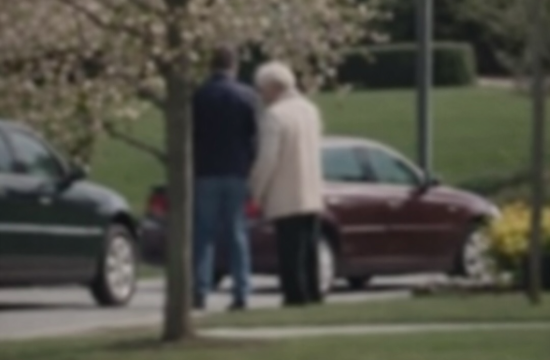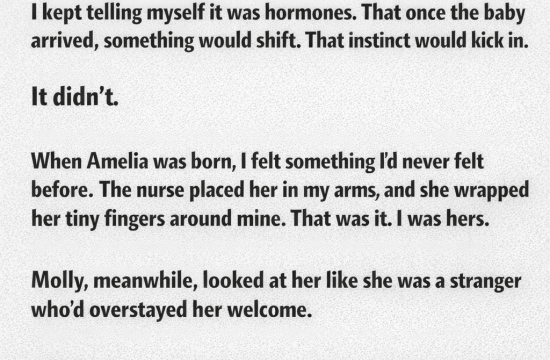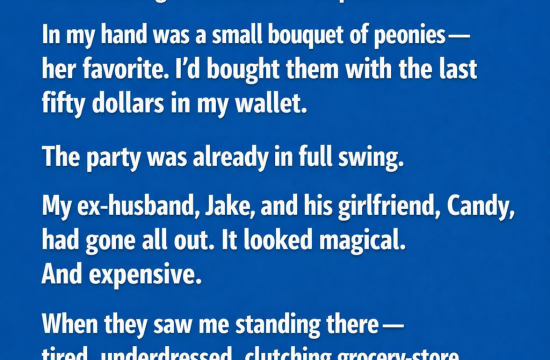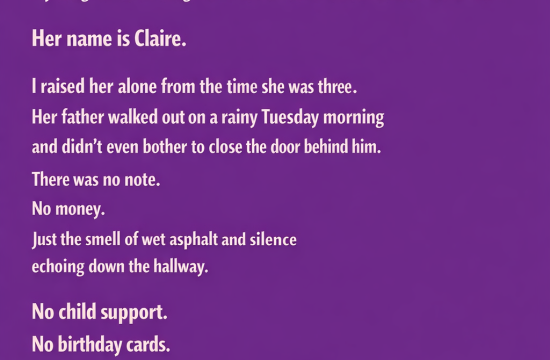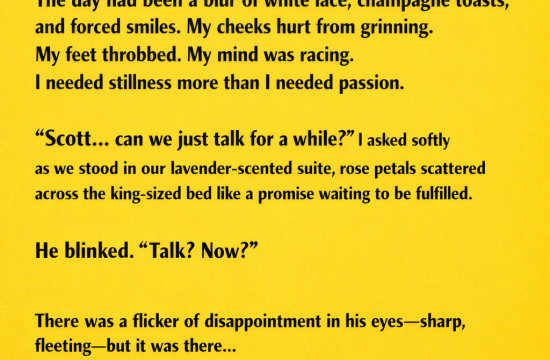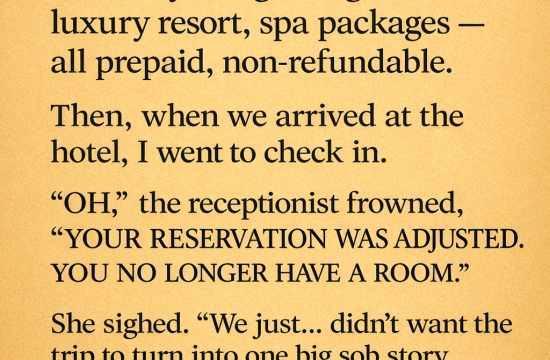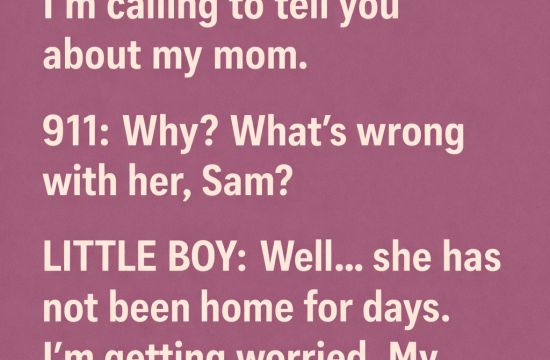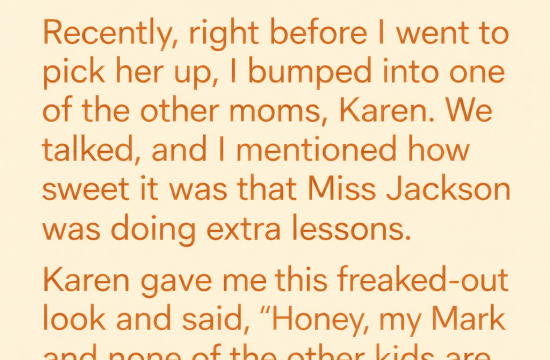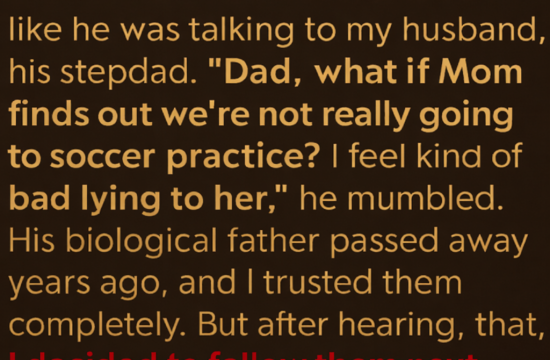Before we married, my wife promised we’d move closer to my family once we had kids. But after our children were born, she “changed her mind.”
I found myself juggling parenting and a full-time job alone, missing every family milestone, and watching my dad grow old without me. When he fell seriously ill, I begged to visit. My wife said “NO.” Her father, who lived with us, scoffed and said she “shouldn’t waste money on some stupid trip. PEOPLE DIE. GET OVER IT.”
I was livid. That was the final straw.
So, I quietly started saving. Every month, I stashed away what little I could. I sold parts of my identity—my old coin collection, the watch my grandfather gave me—anything sentimental that wouldn’t raise suspicion if it disappeared.
I packed lunches, skipped dinners out, and took freelance work after everyone had gone to sleep. My wife never noticed the exhaustion on my face. She just said I was “grumpy in the mornings.”
Sometimes, I nearly told her the truth. But then I’d hear her father’s voice in my head, and I reminded myself: this was bigger than comfort or peace. This was about dignity.
After nearly a year of scraping, I finally had enough to buy a ticket and stay in my hometown for a month. I booked the trip the day after my son’s seventh birthday to cause the least disruption.
I told my kids the truth: Grandpa was very sick, and Daddy needed to say goodbye.
My daughter Rhea, only five, cried and asked if Grandpa could come live with us when he got better. My heart cracked. I told her he might not get better—but that I’d be back soon.
When I told my wife, she was furious. Her face stiffened. Her jaw clenched. She demanded to know where the money came from. I said nothing.
She called me selfish. Her father called me “an ungrateful whelp.”
I left two days later with a suitcase packed with more emotion than clothes.
When I arrived, my father looked smaller, almost translucent. But when he saw me, he smiled. He squeezed my hand, and for the first time in years, I felt alive.
My mother held me like I was a lifeline. She said my father had asked for me every day, afraid he’d never see me again.
We spent our days quietly, watching old family videos, talking about childhood, sometimes just sitting in silence. I helped my mom with housework, drove my dad to appointments, and realized how much they’d both been silently enduring.
Word spread that I was home. Neighbors dropped by. Friends brought food. Some pulled me aside and whispered, “You deserved better.” It stung. I didn’t want pity—I just wanted peace.
Then one afternoon, my wife called. She was furious. Our son had a stomach bug, and she screamed that I was a terrible husband and father. She didn’t ask once about my dad.
That silence said everything.
That night, my father asked me, “Are you happy?” I hesitated… then told him no.
He looked at me gently and said, “Life’s too short to spend it with people who don’t respect your heart.”
I cried like a child.
A few days later, my father passed away. His final words to me were, “Thank you for coming home.” He died with my hand in his.
The funeral was beautiful. Friends and family told stories I’d never heard. I felt part of something again. I felt grounded.
Afterward, I called my wife to say I needed a few more days to help my mom. She exploded. “Come back now or don’t come back at all.”
Her words shattered something inside me. I realized she didn’t see my grief—only her own inconvenience.
When I returned, the house was cold. Her father barely acknowledged me. She avoided my eyes. That night, Rhea asked, “Daddy, why are you sad?” I told her I missed Grandpa. She hugged me so tight it almost hurt.
Kai whispered, “I wish I saw Grandpa one more time.” His voice broke me.
My wife and I barely spoke. When I tried sharing how I felt, she rolled her eyes. One night she told me, “Your dad’s death is old news. Move on.”
That was the moment I knew something had truly died between us.
I began seeing a counselor on my lunch breaks. I told her everything—my resentment, the broken promises, her father’s insults.
She asked, “Do you want to save the marriage?”
I didn’t have an answer.
Then one afternoon, her phone buzzed while she showered. I saw a message:
“You really think he’ll never leave? LOL.”
I scrolled up. My wife had been mocking me for months. Telling friends I was pathetic. That she “owned” me. That I’d never leave.
I felt like I’d been punched in the gut.
That night, I confronted her. I told her I knew everything. I told her I wanted a divorce. Her father shouted that I was abandoning my kids.
I told him, “No. I’m showing them what self-respect looks like.”
I moved out the next week. Just a tiny apartment near my office. But it was mine.
I fought for shared custody. It got ugly, but I never gave up. I kept receipts, stayed calm, showed up for my kids—every time.
The first weekend they stayed with me, we cooked my dad’s favorite stew. We talked about him, cried together, and laughed over his silly jokes. That night, they fell asleep beside me on the couch, and for the first time in years, I felt peace.
I started flying my mom in for visits. She filled the apartment with warmth, songs, and old stories. My children adored her.
Months later, I met Maribel—an old college friend going through her own healing. We met for coffee. We talked for hours. Healing, friendship… and slowly, something more.
My ex tried to make things difficult again—threatening full custody. But the court ruled in my favor. They saw who was stable, who showed up. Justice was quiet, but it came.
One year later, I stood in my kitchen with Rhea and Kai, baking cookies for Grandpa’s birthday. We talked about the lessons he left behind.
And I told them:
“Real love lifts you. And you never stay where you feel small.”
I still miss my father every day. But I know I kept my promise.
I came home. Not just for him—but for myself. For my kids. For the life we all deserve.


